It will likely take a few more years before smartglasses are ready for primetime as component makers achieve the innovations necessary for consumer-centric device designs. Nevertheless, two technology companies are making steps in that direction as Qualcomm is rumored to be working on a chip dedicated to AR & VR headsets, while DigiLens has reduced the size of its waveguide displays for motorcycle helmets.
In the meantime, one new research report is advising retailers to keep smartglasses in the back office and warehouses and focus consumer AR towards online sales.
AR & VR Headsets from HTC, Vuzix, & Google Linked to New Chip from Qualcomm
One of the leading chipmakers for smartphones is getting ready to announce a new processor made specifically for augmented and virtual reality headsets.
According to a report from Bloomberg, Qualcomm is likely to announce the Snapdragon XR1 around the same time as the Augmented World Expo, which takes place next week in Santa Clara, California.
Read on to learn more about the chip's capabilities and which immersive headsets these chips may end up in...
REALITY BITES: According to SuperData Research, augmented reality will boost the market for augmented and virtual reality hardware and software to $7.7 billion in value this year. Revenue for augmented reality is expected to double to $3.2 billion by the end of the year, driven by mobile AR apps.
Pump the Brakes on Brick-and-Mortar Retail AR, Says Report
Although retailers like Mac Cosmetics and Zara have been celebrated for deploying innovative in-store augmented reality experiences in their brick-and-mortar locations, a new report throws cold water on the practice.
In a report titled "Augmented Reality in Retail," market research firm ABI Research concludes that, while augmented reality will bring positive improvements to employee efficiency and online customer engagement, in-store augmented reality experiences will be less impactful.
To learn why in-store augmented reality may struggle to catch on, while it could thrive at home and in warehouses, keep reading...
REALITY BITES: While Wikitude CTO Philipp Nagele concurs that the AR cloud is a big deal, he also makes the case for more private micro-clouds.
DigiLens Produces Thinner Waveguide Display More Efficiently
Less than a week after securing a $25 million Series C funding round for automotive HUDs, DigiLens has introduced a new waveguide display for motorcycle helmets that's thinner, lighter, brighter, and manufactured at a lower cost.
Designed for AR motorcycle helmets, the MonoHUD display is composed of two grating layers (the component of the display that redirects light), which is one less than its previous generation. DigiLens produces the displays with a new inkjet coating process that is more efficient, resulting in increased productivity and, in turn, lower cost. The method also produces a display that offers greater contrast and enables users to see content clearly in daylight.
For more details on the display's capabilities and where it will end up first, read further...
Every Friday, Next Reality reviews the latest headlines from the financial side of augmented and mixed reality. This weekly Market Reality column covers funding announcements, mergers and acquisitions, market analysis, and the like. Check out previous editions of Market Reality for more news you may have missed.
- Follow Next Reality on Facebook, Twitter, Instagram, YouTube, and Flipboard
- Sign up for our new Next Reality newsletter
- Follow WonderHowTo on Facebook, Twitter, Pinterest, and Flipboard
Cover image via DigiLens








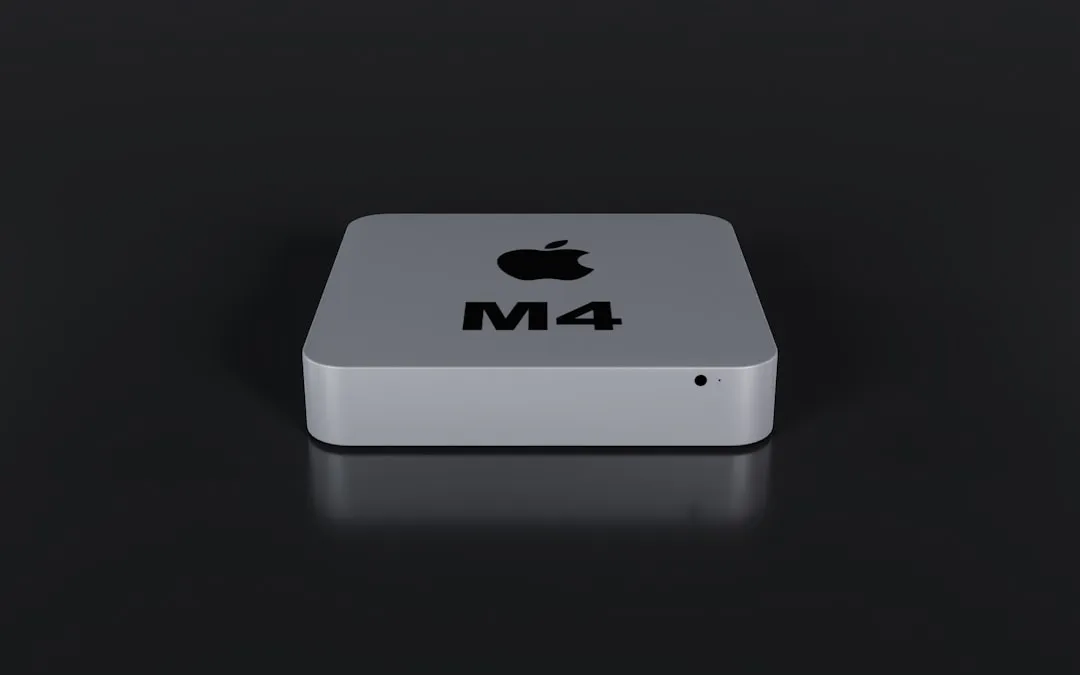
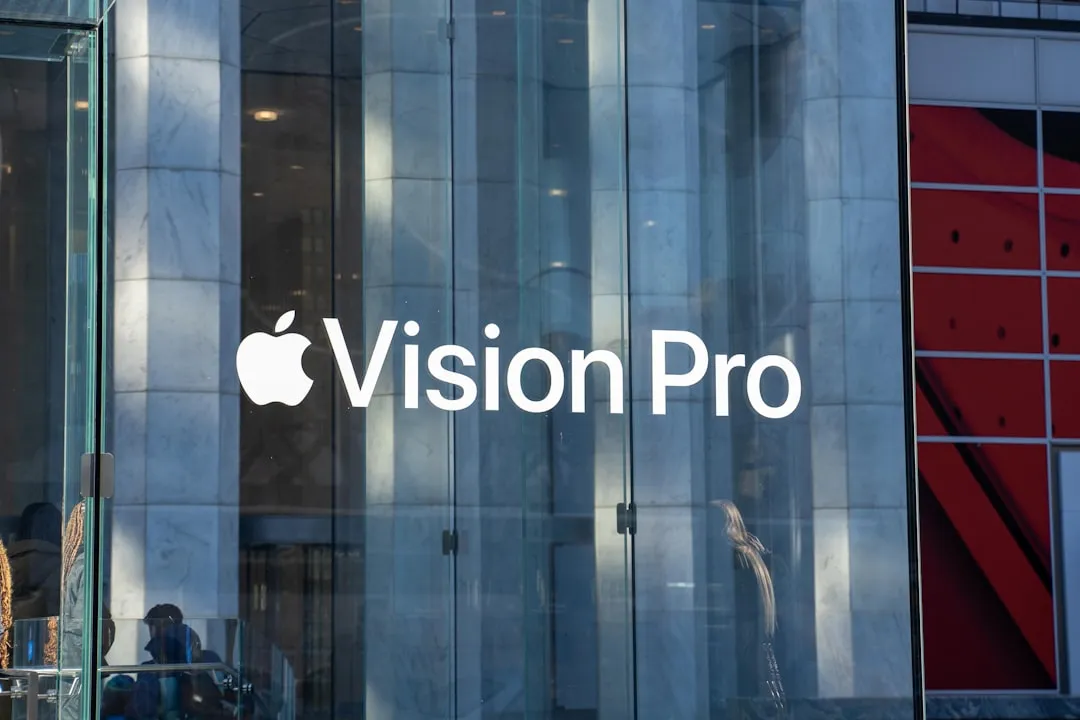
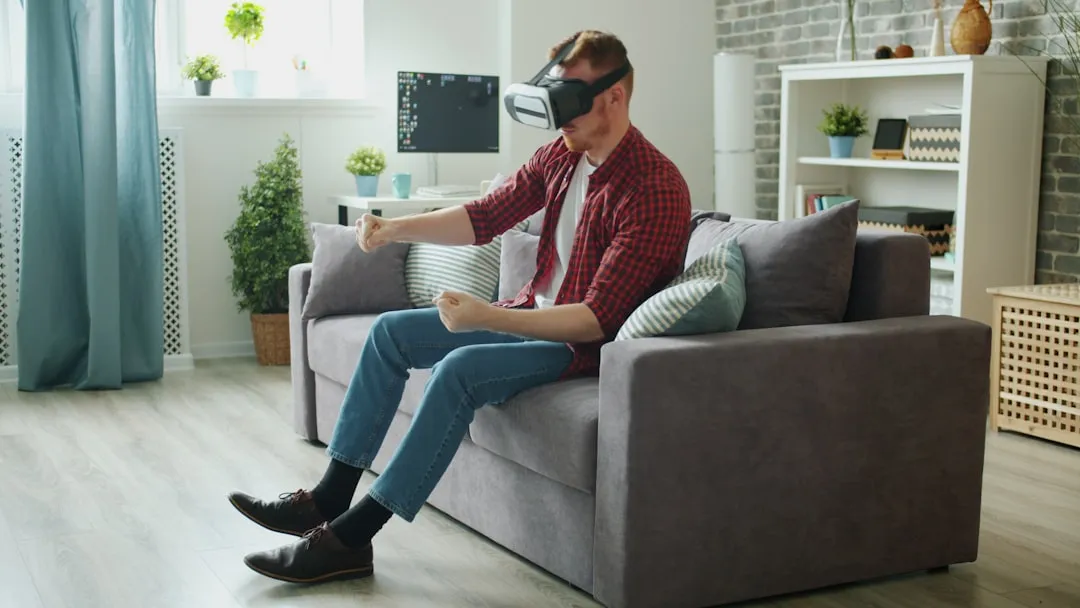


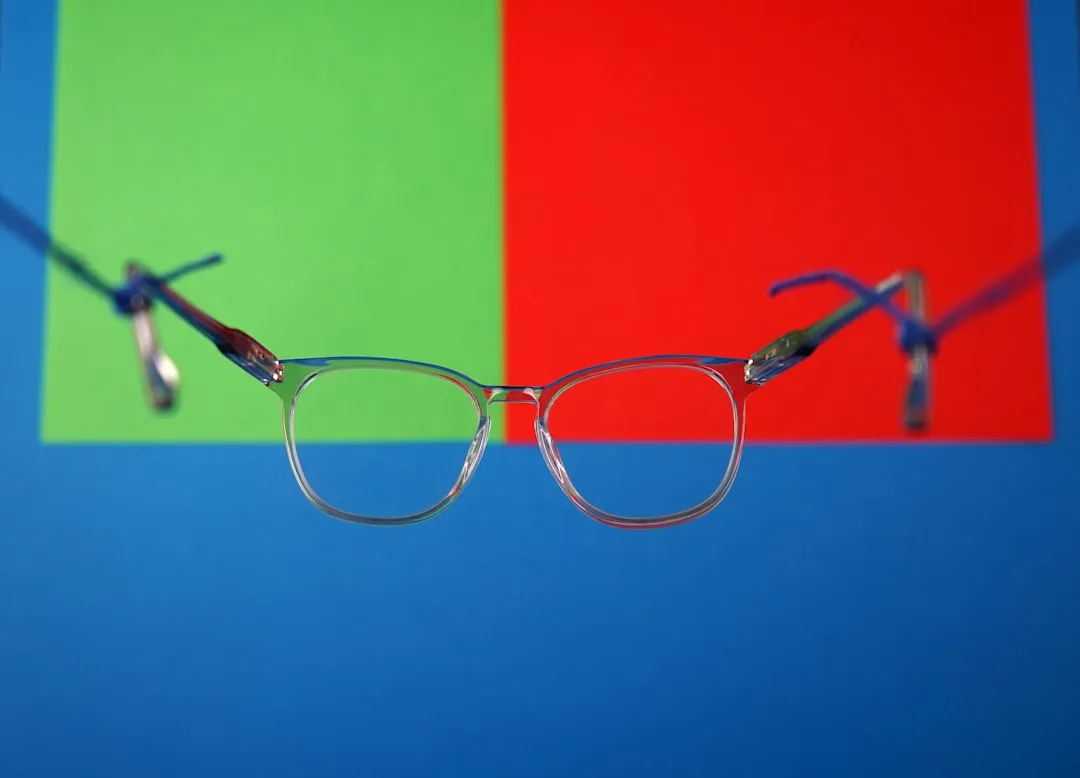

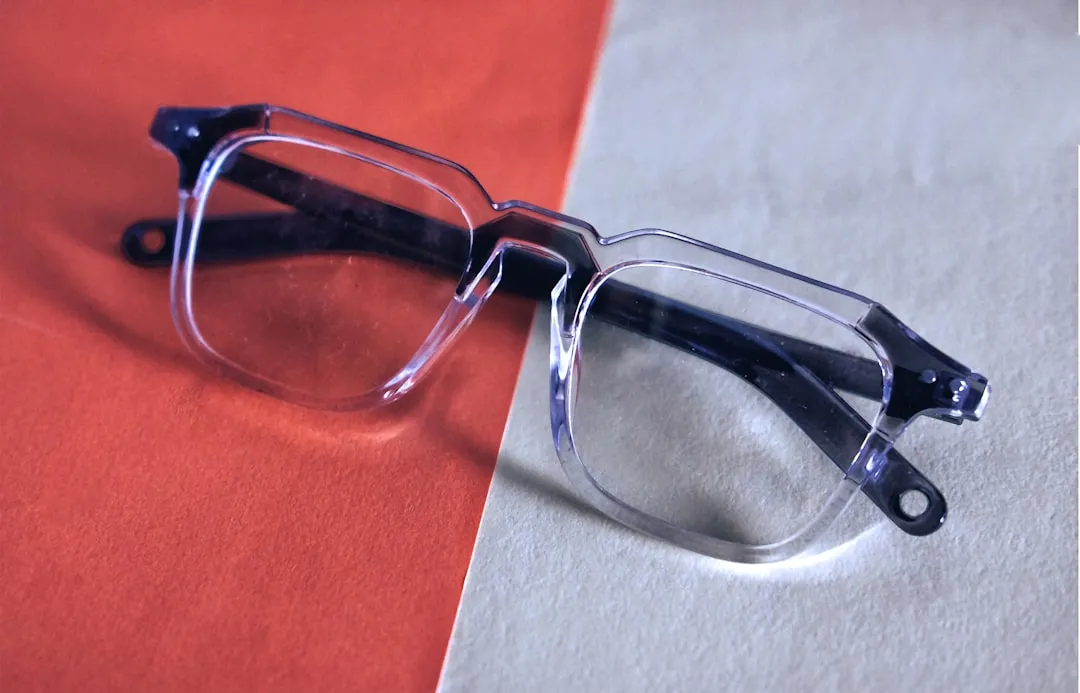


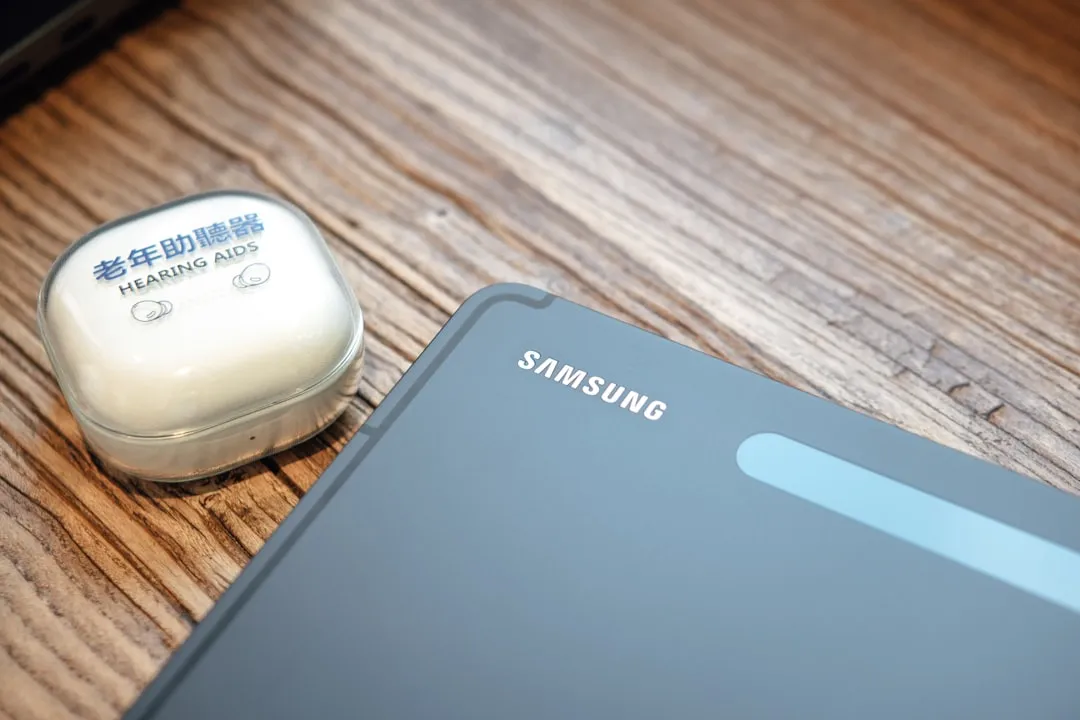
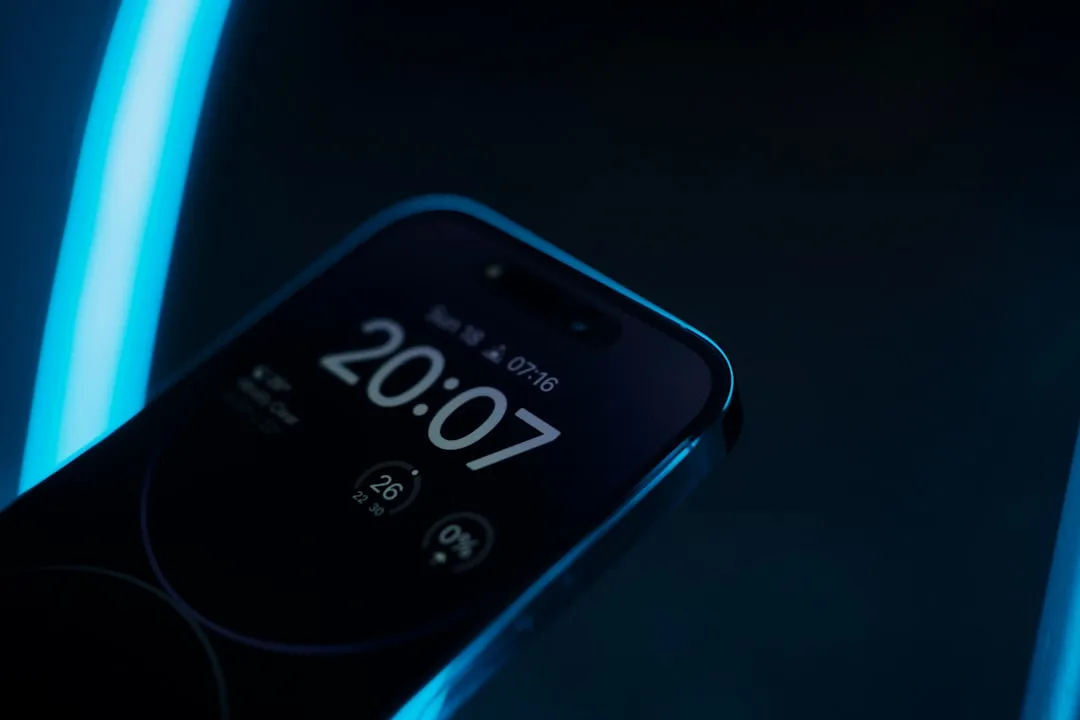

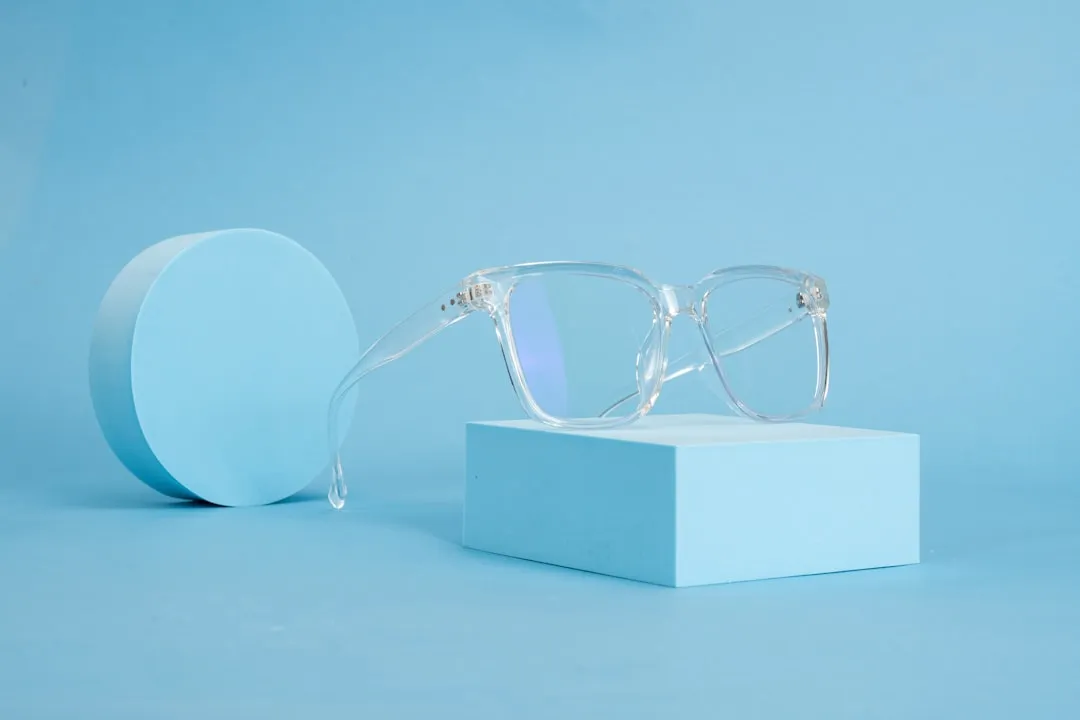


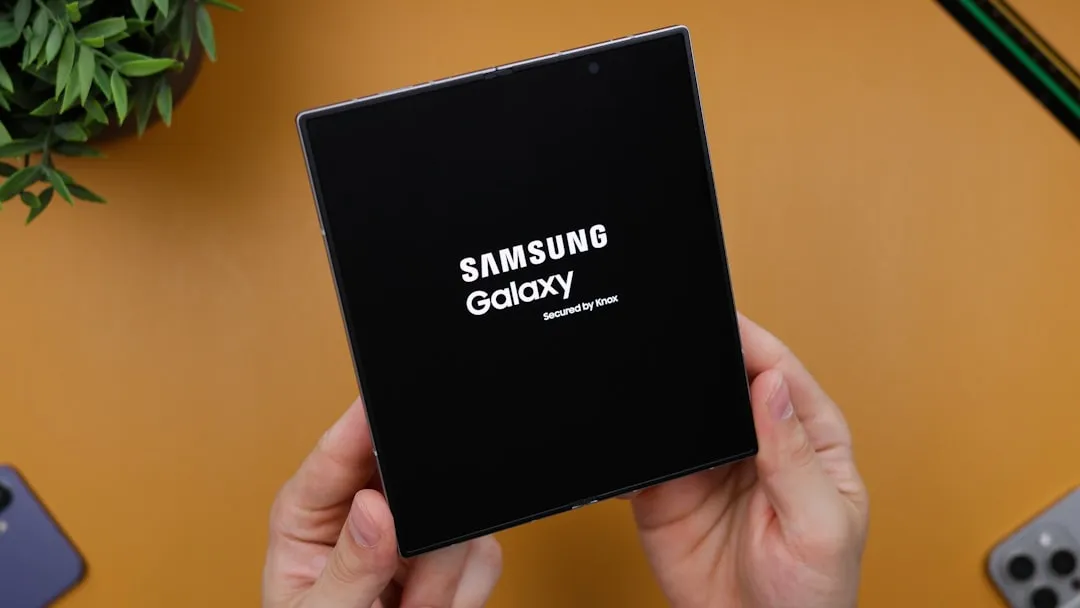

Comments
Be the first, drop a comment!